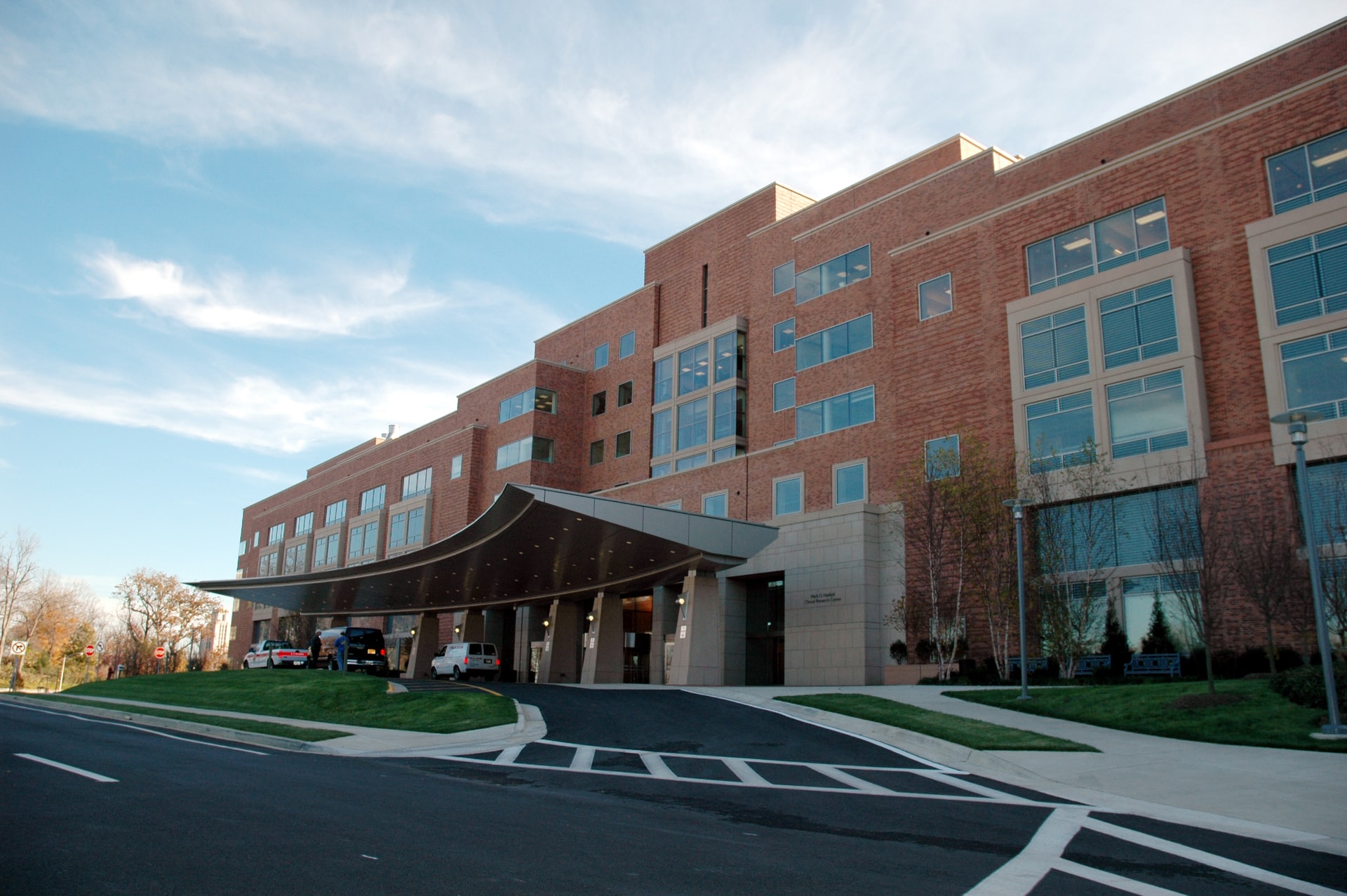Can Medical Billing Experts Help Accelerate Cash Flow?
Within the American healthcare system, medical billing is a method of payment to get reimbursed for services like tests, treatments, and procedures. It is essential for healthcare professionals to gather insurance information from a patient.
Additionally, they can file a claim with health insurance companies, follow up on it, and file an appeal if necessary. Most insurance providers follow the same procedure, whether they are for-profit businesses or government-sponsored initiatives.
What is the Cash Flow Cycle in Medical Billing?
The amount of money comes in and out of a hospital due to medical treatment. This, at any particular time, is referred to as cash flow in the context of medical billing service. The hospital’s cash flow enables it to pay its employees, including nurses and doctors.
Furthermore, bills for a facility’s in-patient and outpatient facilities, emergency medical services, and equipment are also included.
Role of Medical Billing Expert in Accelerating Cash Flow:
In addition to being essential for compliance, proper billing is also essential for minimising claim rejections. By approaching your billing process more proactively, you can not only stop issues in their tracks but also enhance your cash flow.
Responsibilities of a Medical Billing Expert:
- Confirm that all patient data is true and full and request any information that may be lacking.
- To acquire and examine therapeutic authorizations and referrals.
- To verify insurance coverage and patient benefits.
- Should conform to all rules and regulations established by state programs, HMOs, PPOs, etc.
- To move billing and insurance claim data into billing software.
- To incorporate rate updates into billing software.
- To produce documentation in both print and digital form.
- To create and keep up a system for tracking incoming and late payments.
How Medical Billing Expert Enhances the Cash Flow:
- Outsource Needs for Medical Billing
- Lower upkeep costs for sophisticated software and equipment
- Decreases in call volume
- Elimination of expenses for hiring and training
- Concentration on patient care
- Removing “non-medical” office space to improve organization
- The less harmful impact of employee churn and turnover
- Right Procedures Without Any Stray
- Correct coding
- Correct billing procedures
- Timely filing of claims
- Reliable reimbursement via insurance companies
- Solutions Utilized for Electronic Coding, Billing, and Reimbursement
- A shortened time for processing payments
- Lower rejection rates
- More favorable reimbursement rates
- Coding errors were decreased, and federal rules and regulations were better followed.
- Lower operating expenses
Advantages of Medical Billing:
- Mostly Concentrates on Patient Care
Being a competent doctor and an administrative manager at the same time is never easy. Hospitals may free up staff time and guarantee higher returns. This could be done by refocusing their resources from dealing with complex billing issues to helping the patients.
- Enhances the Cash Flow
Companies maintain a regular cash flow through outsourcing services of medical billing. It will speed up collection regardless of the staffing situation. Hospitals can realize better economies of scale by delegating speedy medical billing to a specialized company.
- Minimizes Billing Errors
Medical billers with experience and training are well-versed in the complexities of claim submission procedures. Companies that handle medical billing ensure that their employees undergo extensive process training. They must pass the necessary quality and domain-driven knowledge assessments.
- Billing Compliance is Enforced
Compliance is always fully incorporated into all business processes in a mature corporation. Internal and external audits will supplement these policies and procedures.
What is Durable Medical Equipment in Medical Billing?
Due to constantly evolving regulatory compliances, the medical equipment billing industry is undergoing constant renovation as it can be difficult to keep up with the ever-changing DME billing service environment. The majority of businesses turn to outsourcing durable medical equipment billing services.
Medical equipment suppliers confront various issues, including declining collections, billing problems, the expense of training recruits for billing roles, etc.
What is Home Medical Equipment in Medical Billing?
This equipment is employed for patients whose treatment may be managed at home. Each claim is examined before it is submitted to the payer for home medical equipment and billing. HME billing includes compliance, handling all claims, and managing order entry. Eligibility and authorization, AR collections, rejection management, and payment posting are also included.
Conclusion:
Overall, medical billing experts are the intermediates who ensure that healthcare facilities and insurance companies maintain accurate records. Experts communicate through patients and hospitals to ensure the smooth conduct of payment. Hence, they accelerate the cash flow of the patient, increasing profit.

